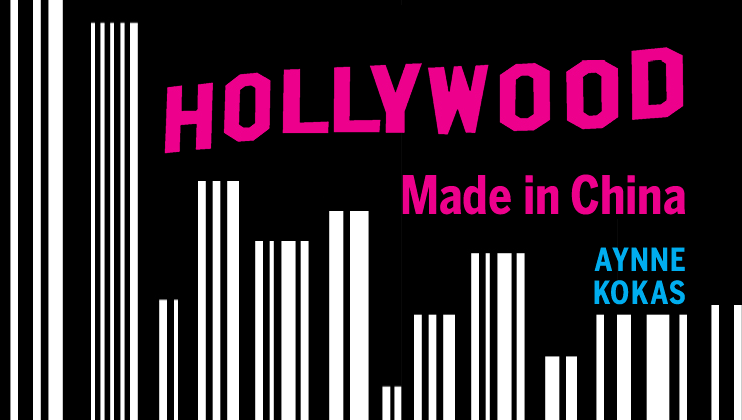Monday, February 27, 2017 | 5:30 PM EST - 7:00 PM EST
National Committee on U.S.-China Relations |, New York, NY
Expected to overtake the U.S. market in 2017, China’s booming film market has become an essential consideration for the production of Hollywood movies. In an effort to take advantage of the disposable income of China’s growing middle class, American entertainment conglomerates are increasingly partnering with Chinese studios, and designing and producing their product for the Chinese market. So far, they have been highly successful, with four of the ten all-time highest grossing films in China produced by U.S. studios. As American entertainment companies seek to expand their global media empires, they must contend with the constraints of Chinese censorship as well as Beijing’s campaign to elevate its own soft power abroad. This issue attracted significant attention last year when China’s Wanda acquired AMC studios, prompting concern that Hollywood might be forfeiting its artistic and intellectual autonomy. How will America’s entertainment powerhouses and China’s burgeoning film industry collaborate to build their global brand identities? Will Hollywood sacrifice its critical and artistic license to placate the Chinese Communist Party?
In her new book Hollywood Made in China, Dr. Aynne Kokas investigates the commercial relationships that conceived of such works as The Great Wall and The Mummy: Tomb of the Dragon Emperor, as well as their impact on the production and content of major Hollywood films. An assistant professor of media studies at the University of Virginia, Dr. Kokas also examines the effect of China’s soft power campaign and Xi Jinping’s “Chinese Dream” on entertainment industry branding. On February 27, 2017, Dr. Kokas joined the National Committee for a discussion of her book and the Chinese future of America’s “dream factory.”

Aynne Kokas
Aynne Kokas is an assistant professor of media studies at the University of Virginia. Dr. Kokas’ research broadly examines Sino-U.S. media and technology relations. Her book, Hollywood Made in China (University of California Press, 2017), argues that Chinese investment and regulations have fundamentally altered the landscape of the U.S. commercial media industry, most prominently in the case of major conglomerates that rely on leveraging global commercial brands. Her next project, Networked Chinawood, examines the cybersecurity and policy implications of digital media in the Sino-U.S. relationship. Dr. Kokas has been a visiting fellow at the Shanghai Institute of International Studies and at Hong Kong University of Science and Technology. She is a non-resident scholar at Rice University’s Baker Institute of Public Policy, a term member of the Council on Foreign Relations, and a fellow in the Public Intellectuals Program of the National Committee on U.S.-China Relations. Her writing and commentary appears regularly in popular media outlets including the BBC, The Los Angeles Times, NPR’s Marketplace, Variety, The Washington Post, and Wired. She is fluent in Mandarin Chinese and began her career in Chinese media as a student in the Directing Department at the Beijing Film Academy.
Dr. Kokas received her B.A. from the University of Michigan and her Ph.D. from the University of California, Los Angeles.
